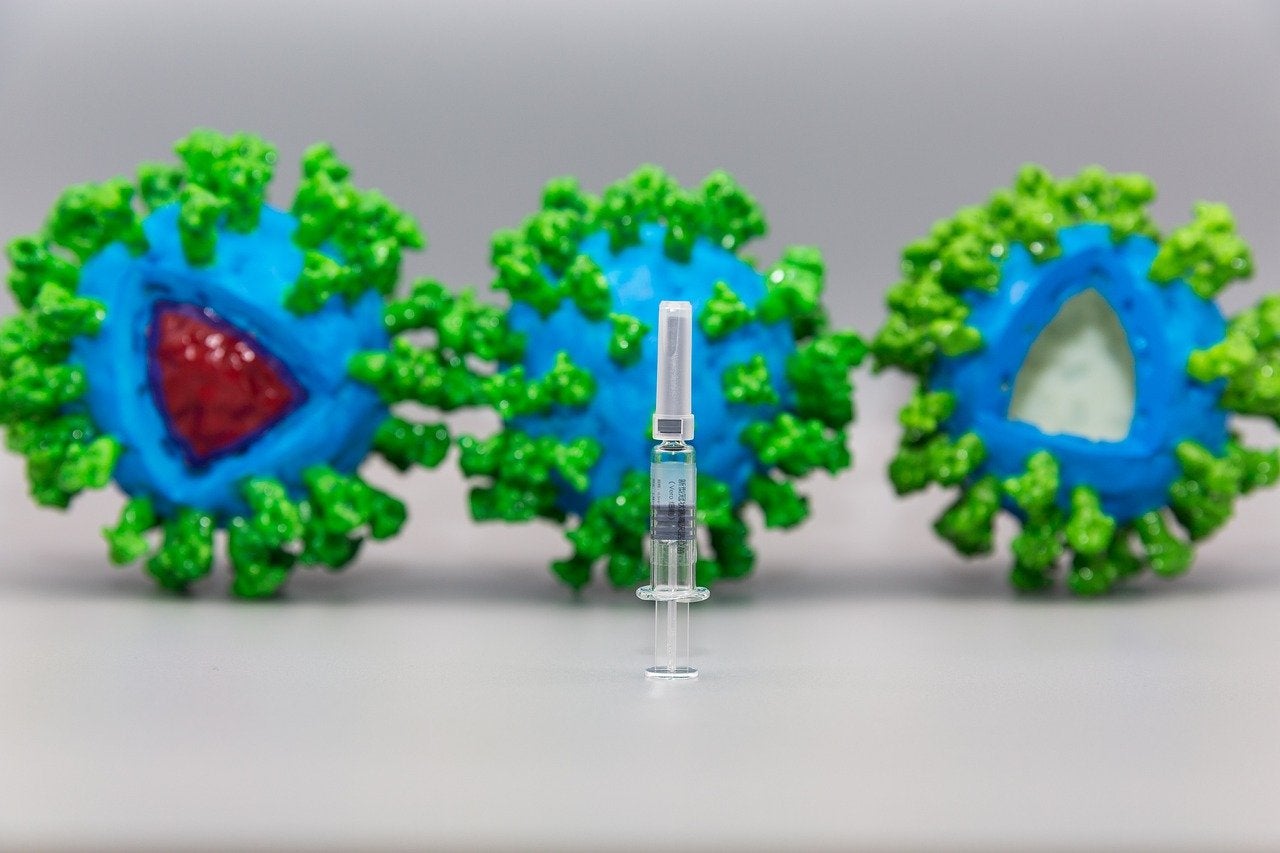
American pharmaceutical and biotechnology company Moderna has started an early-stage study of a new Covid-19 vaccine candidate.
The company has dosed the first patients in the Phase I study of mRNA-1283, which is being developed as a potential refrigerator stable mRNA vaccine to enable easier distribution.

Discover B2B Marketing That Performs
Combine business intelligence and editorial excellence to reach engaged professionals across 36 leading media platforms.
The study will evaluate the safety and immunogenicity of mRNA-1283 at three dose levels.
The vaccine candidate will be administered at 10µg, 30µg, and 100µg doses on healthy adults as a two-dose series with a gap of 28 days, as well as one dose at 100µg.
The results will be compared with the currently authorised two-dose series of 100µg of mRNA-1273.
Moderna CEO Stéphane Bancel said: “We are pleased to begin this Phase I study of our next generation Covid-19 vaccine candidate, mRNA-1283.

US Tariffs are shifting - will you react or anticipate?
Don’t let policy changes catch you off guard. Stay proactive with real-time data and expert analysis.
By GlobalData“Our investments in our mRNA platform have enabled us to develop this next generation vaccine candidate, which is a potential refrigerator-stable vaccine that could facilitate easier distribution and administration in a wider range of settings, including potentially for developing countries.”
mRNA-1283 encodes for the portions of the SARS-CoV-2 spike protein critical for neutralisation, specifically the Receptor Binding Domain (RBD) and N-terminal Domain (NTD).
In future, the company plans to test the efficacy of mRNA-1283 for use as a booster dose for previously vaccinated as well as seropositive individuals.
Last week, Moderna began dosing the first subjects in a study assessing its Covid-19 booster vaccine candidates. Subjects are being enrolled by amending the ongoing Phase II clinical study.




